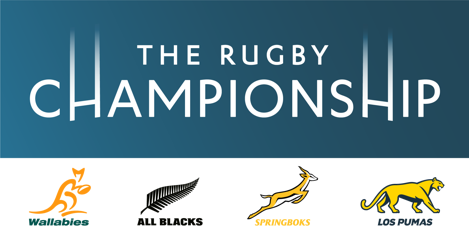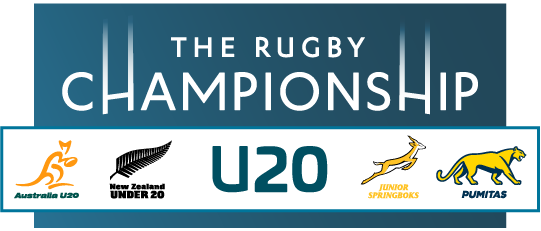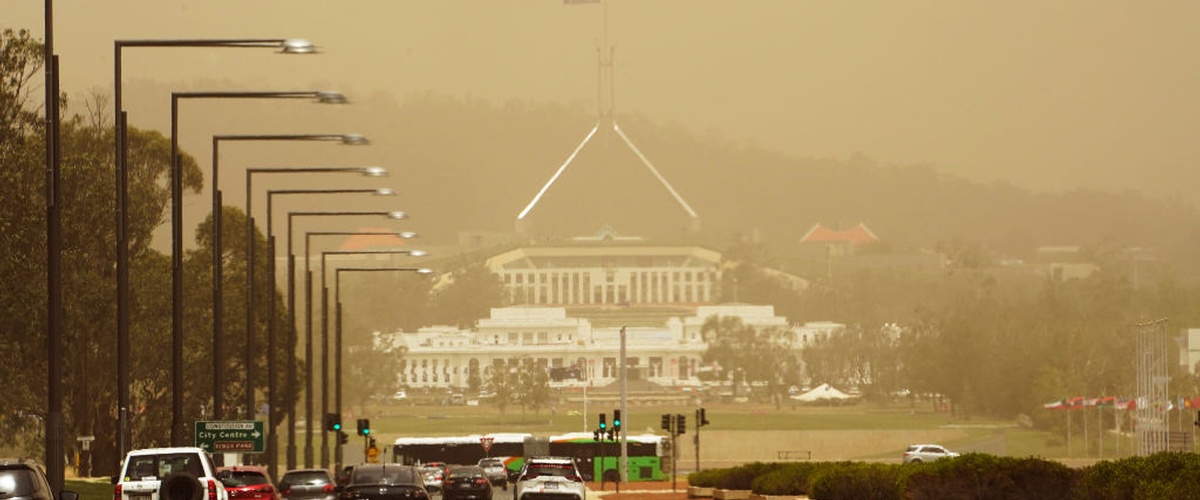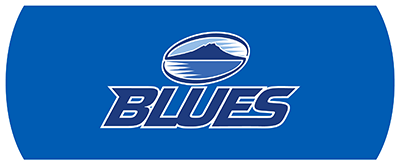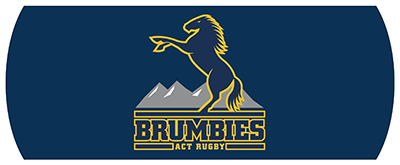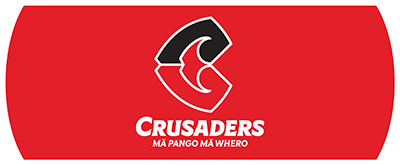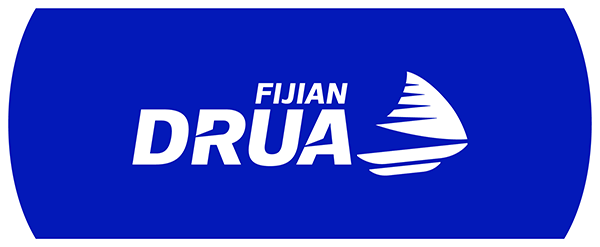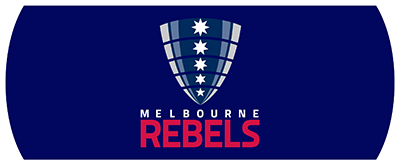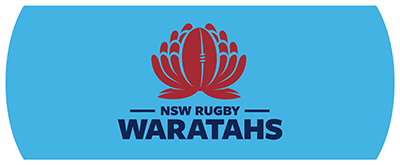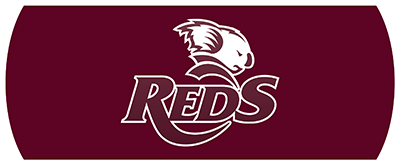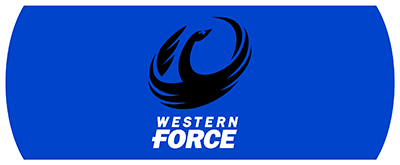Super Rugby has released a guideline document to all stakeholders that outlines the decision-making process for dealing with matches that may be affected by poor air quality.
As a result of the ongoing bushfire crisis within Australia, and particularly the associated effects of bushfire smoke, Super Rugby has sought to create a robust guideline document that ensures the welfare of all participants at match venues that may at times be impacted.
Following extensive work by Rugby Australia, World Rugby and the Australian Institute of Sport, Super Rugby has based its guidelines on the findings of these organisations and created a defined series of processes to be followed by match operations personnel to effectively deal with any air quality issues.
SANZAR CEO, Andy Marinos said, “It has been an extraordinary summer in Australia to date and we deeply sympathise with all those individuals and communities who have been impacted by the bush fires. Naturally, the continued welfare of our players and indeed spectators is a priority for us should such incidents continue to affect the Australian landscape. It is therefore prudent of us to put in place these guidelines with our stakeholders.”
The decision regarding satisfactory air quality is more than a simple scientific measure, but is rather a multi-faceted decision involving numerous factors which can include:
- Real-time measurement of Particulate Matter (PM) levels at the match venue and regionally.
- Monitoring of the Air Quality Index (AQI):
- Monitoring of environmental factors at the match venue.
- Monitoring of signs and symptoms in the athletes.
- Weather forecasts.
The environmental conditions in a region may be constantly changing but the guidelines provide appropriate actions for all scenarios. Bushfire smoke is difficult to forecast and conditions can also change quickly. The most effective decision may not be a simple measurement, but rather a decision based on information relating to all these above factors.
Each match will have a specified Air Quality Assessment Panel that will be responsible for the monitoring of all the above-stated factors and will convene in the event it is deemed air quality has deteriorated or is likely to deteriorate. This Air Quality Assessment Panel will be made up of medical experts, match day operational staff, match officials and Super Rugby competition management.
Ultimately, this policy seeks to provide a safe playing environment for all Super Rugby players and to ensure all participants can be satisfied that matches will only proceed when conditions are deemed satisfactory.

